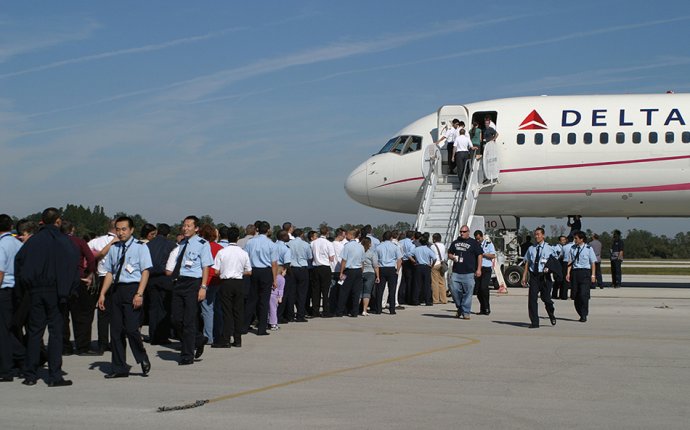
Best Schools for Aviation
Getting a degree in aviation is a great way to secure your career in aviation and many licensed based training programs (such as pilot or aircraft mechanic) can be combined with a college degree program.
Many of the professions we most commonly associate with aviation are license-based and do not require a degree in aviation. This includes pilots, aircraft mechanics, flight dispatchers and air traffic controllers.
But there are many other exciting fields in aviation that do require a degree, and even if your dream is to work in one of the fields above, a degree will lay a solid foundation for your future career. It is also possible to earn college credit towards your aviation degree in conjunction with studying a license-based profession such as a pilot or mechanic, offering you the opportunity to achieve two goals at once.
What is an Aviation College?
An aviation college is an accredited school or university that offers degree programs in aviation. An aviation college is more than just a school and most degree programs take longer to complete than simply training towards a specific license. A typical college program lasts either 2 years (associate) or 4 years (bachelor) and can be completed either on campus, online or as part of a tie-up between a college and another training organization (for example a local flight school). There are also several higher learning programs that can take you through to a Master’s or PhD level.
To give you a better idea of what you can expect from an aviation college degree we have listed some of the most common fields of study below. Some of these can be combined with a licensed-based profession to give you a well rounded education and some will set you up for a career in one of the many other fields closely linked to the aviation industry.
This is only intended as an introduction, please contact one of the aviation colleges found on this website to receive more information about the programs they offer. Many colleges may also give their programs slightly different names than the ones used below.
Aeronautical Science – many professional pilot programs combined with a degree program are labeled Aeronautical Science or Degree in Aviation Sciences. An aeronautical science degree focuses heavily on the license-based profession it is linked to, combined with a deeper concentration in the knowledge areas than one would experience with only license-based training.. Examples of associated knowledge areas are advanced meteorology, airline management, human factors, navigation technology and aviation safety.
Aerospace Engineering – as the name implies, this is an engineering degree with an aerospace specialization. Graduates often go into the engineering field upon completion of their degree. Aerospace engineering is a highly sought after degree in the aviation industry and will offer you great career opportunities working on anything from improving current aerospace designs to participation in space exploration.
Aviation Maintenance Science – this is the name often used for a degree program linked to the license-base profession of an Aircraft Mechanic. Beyond the license-based training, you will have a further concentration in areas such as maintenance management, aerospace electronics and power plant (engine) technology.
Aviation Business Administration – an encompassing term used to describe a business administration degree linked to aviation. Other variations on this degree can be Airport Management, Airline Management, Flight Operations or Air Transport Management.









